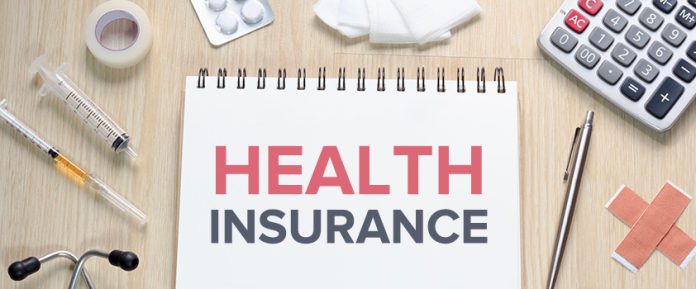According to a recent Democratic Staff Committee assessment, short-term healthcare plans are “hazardous” and “unregulated,” leaving individuals who acquire them hundreds of dollars in debt.
The paper goes through Short Term Brief Duration Health Insurance (STLDI) plans, which are designed to offer coverage for a limited time when switching insurance policies.
The plans are excluded from all of the Affordable Care Act’s (ACA) consumer protection protections, and while the upfront premium reductions may be appealing, consumers are frequently confronted with “substantial” out-of-pocket payments when they require health care, according to the research.
The STLDI plans are widely used, with 2.36 million customers reported in 2018 and 3 million by 2019, according to the research. In certain situations, the plans can last up to a year, but because they are not renewed, many clients are left without insurance in the event of an emergency medical need.
Furthermore, STLDI plans frequently do not cover a wide range of common medical ailments, including as pregnancy, childbirth, prescription medicines, sleep disorders, renal illnesses, AIDS and HIV, skin diseases, and many others. The coverage frequently hinges on whether the ailment was pre-existing, resulting in a confusing and difficult encounter, according to the research.
Finally, many STLDI insurers revoke coverage and leave people without insurance, claiming health issues that were not reported when the applicant joined up or other data regarding when or whether a diagnosis was acquired, according to the research.
During the pandemic, health care disbursements, like many other sorts of payments, have gone digital. Long a lengthy and difficult procedure reliant on paper checks, the process is gradually shifting to digital methods, with faster electronic ACH payments aiding in the bridging.
However, the coronavirus has had a significant impact on medicine, with rising expenditures caused by the strain of COVID-19 patients entering hospitals, but also decreased profits owing to losses from elective treatments not being performed while the virus is the focus.











